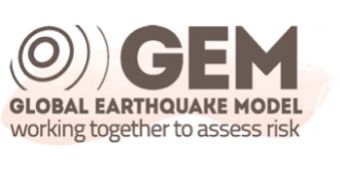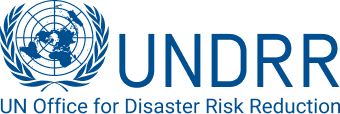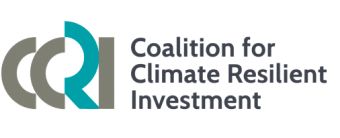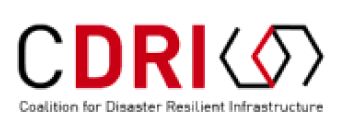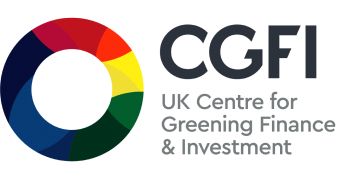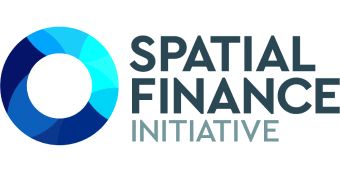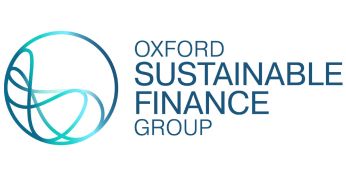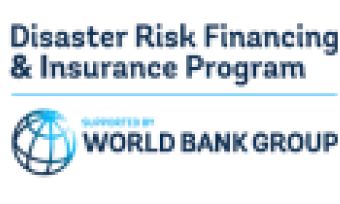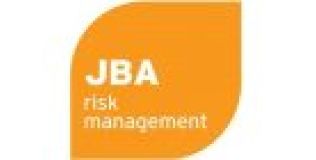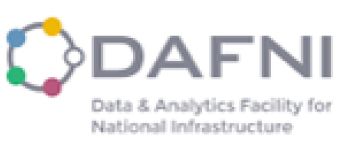About us.
On the carbon emissions side of the climate challenge, targets are universally measured in tonnes or parts per million. But the world must also build resilience in a changed climate and to measure progress we need a similarly open, standard set of metrics.
The Resilient Planet Data Hub was convened by the the UN Office for Disaster Risk Reduction, the Insurance Development Forum, and the University of Oxford. As a cross-sector group with a common view on the critical need to guide resilience policy and capital decision-making, we came together to fix this information gap.
Using open data approaches, supported by guidance and decision tools, we are building a common language of risk for all.
What we do
Building consistent and transparent tools on climate risk and geo-hazards
Bringing people together to create a common language of risk
Who benefits from our work
Financial institutions
Public sector
Business and Communities
Our values
We're collaborative
We bring people together to address the planet's pressing need for resilience. We share existing data and new research from our global community.
We're open to all
Our platform and data are accessible and free for everyone. We encourage organisations to join our community and contribute their expertise and data.
We focus on the positives
We recognise the seriousness of natural hazards and climate risks but are confident that a better future is possible. Our work has a positive impact by directing more money towards climate-resilient development and supporting the growth of more resilient societies across the world.
We work with integrity
We only use high-quality, open data that gives a globally consistent view of risk. Our community has shared standards and we keep each other accountable for them.
Partners and Contributors
Collaboration is crucial for creating the change required for global resilience. We work with experts worldwide to bring together data on climate, nature, systems and infrastructure.
Leadership team
We are a group of like minded experts from across the public, private and academic sectors and the UN system.Our patrons are
- Mark Carney, UN Special Envoy on Climate Action and Finance;
- Mami Mizutori, Assistant Secretary-General and Special Representative of the Secretary-General for Disaster Risk Reduction in the United Nations Office for Disaster Risk Reduction (UNDRR)
- Eric Andersen, President, Aon, Member and Risk Modelling Champion of the IDF Steering Committee.
Our co-Chairs and management team are drawn from the Insurance Development Forum, UNDRR and the University of Oxford Environmental Change Institute.

Rowan Douglas
Rowan is CEO, Climate Risk & Resilience at Howden, and Chair of the Insurance Development Forum Operating Committee. His current focus is market interventions to deliver climate resilience for exposed populations and support an orderly and accelerated low carbon transition.

Dr Nicola Ranger
Dr Nicola Ranger helps financial institutions, public and private, factor climate and environmental risks into their decision making, and aims to speed up investment in green finance. She works at the intersection of science, risk analytics, finance, economics and policy.

Jenty Kirsch-Wood
Jenty Kirsch-Wood is the Head of the Global Risk Analysis and Reporting Section in UNDRR. Previously she served as UNDP Deputy Resident Representative in Kyrgyzstan and advised the Viet Nam and Nepal Governments on climate change and disaster resilience issues.
Our past and future
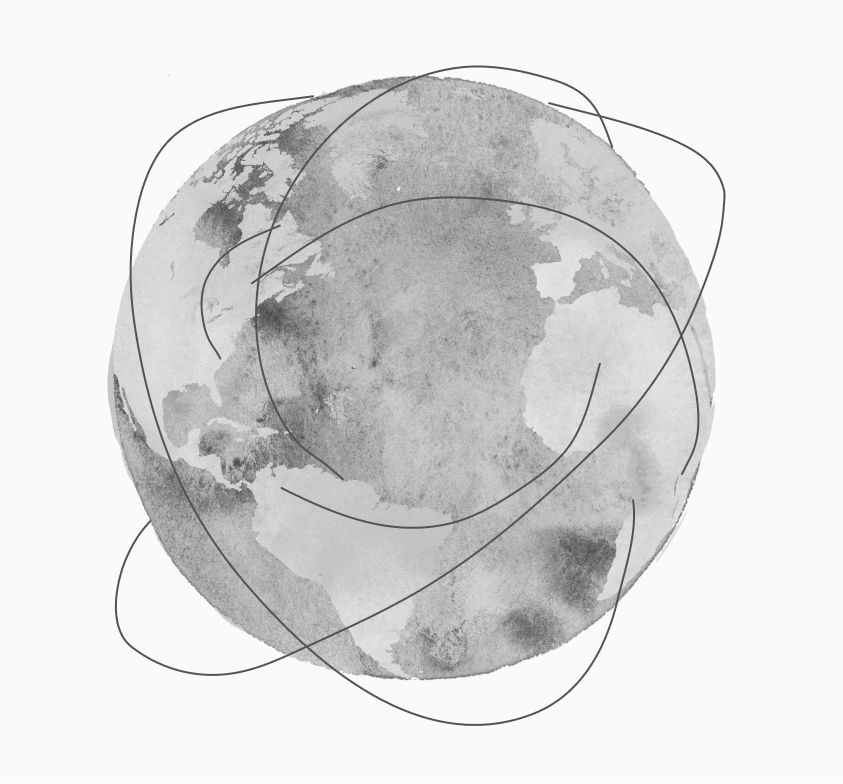
Our story
The Resilient Planet Data Hub (formerly the Global Resilience Index Initiative) was founded in 2020 after Mark Carney, the UN special envoy on climate action and finance, asked the Insurance Development Forum (IDF) to:
- Convene open access reference information for climate risk measurement and disclosure;
- Apply its unique risk management experience to support the growth of resilient economies
In response, the IDF brought together a task force including:
Initial organisations:
- Coalition for Disaster Resilient Infrastructure
- GEM Foundation
- The University of Oxford, including the Environmental Change Institute
- UK Centre for Greening Finance and Investment (CGFI)
- United Nations Office for Disaster Risk Reduction
We announced the ‘Global Resilience Index Initiative’ (GRII) at COP26 in November 2021
Throughout 2021 and 2022 we developed the GRII Demonstrator, based on the University of Oxford’s G-SRAT risk data viewer, originally funded by World Bank. This illustrated how an initial set of indices could guide financial decisions to scale up adaptation at a strategic or portfolio level.
We shared our progress at COP27 in November 2022 and called on innovators and data providers to support the scaling and improvement of the initiative. Seed funding was generously provided by Climate Arc, in addition to the financial support committed by the Insurance Development Forum and University of Oxford.
Recognising our collective approach the breadth of services available under one umbrella, we named the overarching programme the Resilient Planet Data Hub. In December 2023, we launched the Hub at CoP28, including:
- The Global Resilience Index Data Viewer, with its continuously updating view of the resilience challenge in the context of future climate and exposures.
- The Resilience Finance Lab, with its broad range of resources and services for the guidance of capital flows towards resilience.
- A series of use cases under the headings of 'People, Planet and Propserity' to bring these resources to life in real world applications.
What's next
Over the next 12 months we will focus on developing the Global Resilience Index (GRI) Risk Viewer and securing a sustainable long term future for the Resilient Planet Data Hub. To maintain this momentum we are focussing on:
- Dataset improvements - we will continue to enhance the GRI Data Viewer using the best openly-available global datasets.
- Climate risk analysis and validation improvements - we will continue to improve climate risk calculations and rigorously validate these risk estimates against observed loss and damage.
- Customising use cases - we will include use cases demonstrating physical climate risk disclosure, pricing climate risk in infrastructure investments and prioritisation of investment in adaptation.
- Adding to the analytical functionality - we will provide a wider range of decision-relevant metrics, maps and future projections.
We are grateful to the following for their financial support to date:
- ClimateARC
- UK Centre for Greening Finance and Investment
- Insurance Development Forum
- World Bank
Get in touch to discuss contributing.
Working globally, for a global good.
The Resilient Planet Data Hub was launched at COP26 with a small number of contributors and partners. Previously named the Global Resilience Index Initiative.

